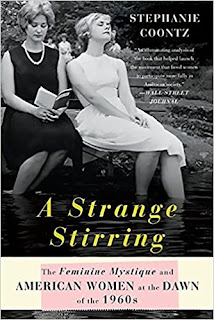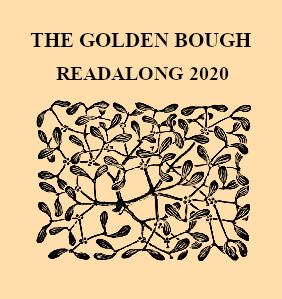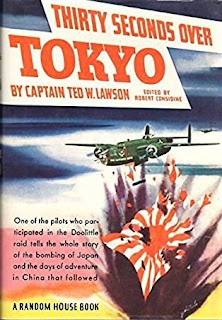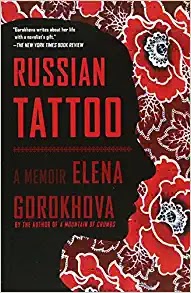The Mysteries of Udolpho Readalong!

When I found out that a few people (including Cleo ) were planning a summer read-along of The Mysteries of Udolpho, I begged to be allowed into the club. So here we are! I even made a badge in GIMP -- this was my first one, and it's pretty dang amateur but I had fun and learned skills. Cleo made one at the same time and it's a good deal prettier. So I'll alternate! This is the most casual of read-alongs. Check out Cleo's post for details, but here's the schedule: June 1 – 7 Chapters I – IV (Volume I) June 8 – 14 Chapters V – XIII June 15 – 21 Chapters IX – XIII June 22 – 28 Chapters I – III (Volume II) June 29 – July 5 Chapters IV – VI July 6 – 12 Chapters VII – IX July 13 – 19 Chapters X – XII July 20 – 26 Chapters I – VI (Volume III) July 27 – Aug 2 Chapters VII – IX Aug 3 – 9 Chapters X – XIII Aug 10 – 16














